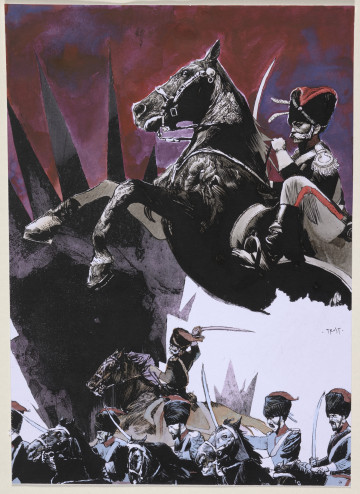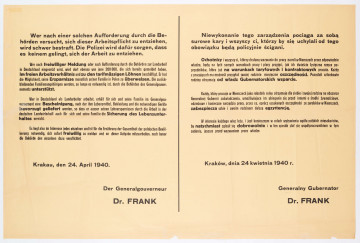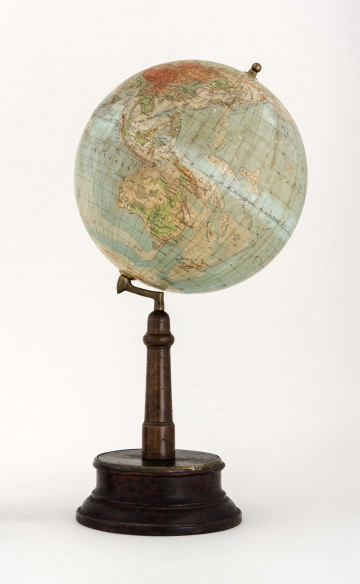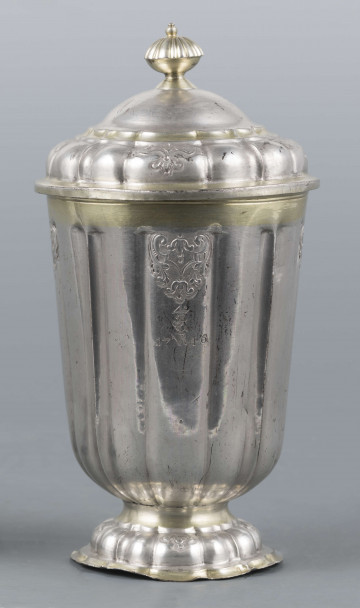
Berek Joselewicz - color version
2009
Museum of the history of Polish Jews
Przemysław "Trust" Truściński created the drawing for the poster promoting" "Berek Joselewicz: The Freedom Fighter" (Berek Joselewicz: combattant de la liberté) conference from 2009. The event was held on the 200th anniversary of Joselewicz’s death by the Embassy of France in Poland, the Centre of French Culture of the University of Warsaw and the "Gazeta Wyborcza" newspaper. Eventually Trust’s design was eventually not used. The illustration on the catalogue and the poster was based on Juliusz Kossak’s emblematic portrait of Colonel Joselewicz.
Ever since, Truściński’s works (both black and white and coloured versions) have been exhibited by numerous art galleries. The POLIN Museum purchased the pieces between 2016 and 2017 (the purchase was related to a donation). The dynamic drawing depicts Berek Joselewicz (1764-1809): a commanding officer during the Kościuszko Uprising (he was in charge of the Jewish light cavalry regiment during the Defence of Praga in November 1794), a soldier in Dąbrowski’s Legions, and leader of a squadron of the Duchy of Warsaw Army. He was honoured with the War Order of Virtuti Militari in 1808. Joselewicz was killed in the 1809 Battle of Kock in the Austro-Polish War. The legend of the Jewish colonel was kept alive during the 19th century and survived until the interwar period – popularised not only in the Jewish circles, but also through official channels. As Maria Janion reminds us in her study of Joselewicz’s placement in the Polish heroic pantheon: "admiration for him […] was included in the romanticised cult of Piłsudski’s Legions. The symbolic representation of that relationship was manifested in the ceremony of transferring the soil from Joselewicz’s grave in Kock to Marshal Piłsudski’s barrow in Krakow in 1935." (M. Janion, "Pułkownik żydowski", in: "Bohater. Spisek. Śmierć. Wykłady żydowskie", Krakow 2009). This required challenging the firmly rooted Jewish stereotypes.

1940
National Museum in Lublin

1924 — 1931
National Museum in Lublin

1746
National Museum in Lublin
DISCOVER this TOPIC
Museum of King Jan III's Palace at Wilanów
DISCOVER this PATH
Educational path